#ChipShortage
Chips Ahoy: Manufacturers Warn of Glut
Remember when there was a shortage of microchips in the automotive industry? Pepperidge Farm remembers. According to reports, images showing fields of almost-but-not-quite completed new cars awaiting One More Chip, along with manufacturers wildly deleting features like heated seats as if they were the mob deleting computer files, could be permanently in the rear-view mirror.
Stellantis CEO Says Chip Shortage Nowhere Near Ending
Stellantis CEO Carlos Tavares has suggested that the global semiconductor shortage will persist through 2023.
“The situation will remain very complicated until the end of 2023, then will ease a little,” he told French outlet Le Parisien over the weekend, adding that “semiconductor manufacturers have an interest in making business with us again, especially as they’re raising prices.”
How Shanghai Lockdowns Are Changing the Auto Industry
While the semiconductor shortage was long considered the excuse par excellence for why the automotive sector couldn’t produce enough vehicles during the pandemic, some manufacturers have begun pivoting to blaming supply chains that have been stymied by Chinese lockdowns. Toyota is probably the best-known example. But the matter is hardly limited to a singular automaker and market analysts have already been sounding the alarm bell that strict COVID-19 restrictions in Asia will effectively guarantee prolonged industrial hardship around the globe.
Back in April, Shenzhen was emerging from a month-long lockdown. However, the resulting downtime severely diminished the tech hub’s output which exacerbated global component shortages. While Chinese state-run media claimed regional factories maintained full-scale production during the period, the reality was quite a bit different. Meanwhile, Shanghai has remained under harsh restrictions since March and more look to be on the horizon. As an important industrial center and the world’s busiest port by far, the situation has created an intense backlog of container ships that are presumed to create some of the sustained problems that we’re about to explore.
Chip Shortage Lambasts Europe, Supply Chains Confront New Problems
Even though the global semiconductor shortage has been going strong for about two years now, the world has failed to successfully manage the situation. Production stoppages remain relatively common within the automotive sector, with manufacturers continuing to attribute factory stalls to an inability to procure a sufficient number of chips. But the excuse seems to have evolved into a catch-all explanation for supply chain issues that continue that go beyond a single missing component.
That makes it a little hard to determine precisely how much of the ongoing production shortfalls can be pinned on semiconductors. But AutoForecast Solutions (AFS) was keen to take a whack at it and determined roughly 1.4 million vehicles have been removed from the automotive industry’s targeted output for 2022 — that’s on top of the 10.5 million units we lost in 2021. While the issue is indeed global, AFS stated that the last batch of vehicles to get the ax was predominantly from Europe.
Where Are People Waiting the Longest to Buy a New Car?
Nobody should envy car shoppers right now. With production shortages ongoing, there’s never anything you want on the lot, and what is there is likely to be grotesquely overpriced.
This has encouraged consumers to wait longer before replacing their current ride, which is statistically likely to be far older than years past. But not everyone has the same level of patience or financial wellbeing, meaning certain parts of the country are seeing longer intervals between cars than others. There are also regional inventory disparities to account for, encouraging analytics firm Growth from Knowledge (GfK) to conduct an investigation into which parts of the United States are waiting for the longest to procure a new automobile.
Tesla Cybertruck Delayed Until At Least 2023
During last week’s earnings call, Tesla CEO Elon Musk confirmed that the Cybertruck would be delayed until at least 2023. That places the polygonal pickup two years behind its original schedule. But who among us with knowledge of the automaker’s production history actually thought it would be delivered on time?
Delaying products has become a hallmark of the Tesla brand and Musk doesn’t seem to be sweating it. Rather than focusing on launching a new vehicle for 2022, the business wants to prioritize increasing capacity and finalizing its move from California to Texas. Now based in Austin, Tesla made $5.5 billion last year compared with the previous record year of $3.47 billion in net income posted in 2020. Musk said the shift into routine profitability is proof that EVs are viable, adding that the company could have done even better if factory output hadn’t been so constrained last year. Unfortunately, those hurdles haven’t dissipated for 2022, encouraging the automaker to wait on both the Tesla Cybertruck and Roadster.
A Side of Chips: Analysts Worsen Outlook for '22, Remain Better Than '21 Levels
It seems this calendar year will improve in terms of supply chain challenges for many auto manufacturers, with a general consensus that new chip sources will alleviate some of last year’s snarls. Still, one forward-looking group of analysts have peered into a crystal ball and determined all hands might not be out of the woods quite yet.
Will Intel's Ohio Chip Plants Fix Automotive Supply Chains?
Intel has announced a $20 billion investment to transform a 1,000-acre plot in New Albany, Ohio, into the latest addition to its U.S. chip-manufacturing hub. Construction is scheduled to commence later this year with operations starting in 2025. But everyone’s wondering if it is going to be enough to rectify the pathetic state in which domestic vehicle production currently finds itself.
Mustang Production Paused at Flat Rock Assembly
Ford will be idling Mustang production this week due to an insufficient supply of semiconductor chips. For all the talk the industry made about getting over supply chain hurdles in 2021, manufacturers continue citing insufficient access to microchips as the primary obstacle preventing them from enjoying more routine operations.
The automaker confirmed the move on Tuesday, explaining that Michigan’s Flat Rock Assembly will be down until sometime next week.
Chip Shortage Claims an Unusual Victim: DriveTribe
DriveTribe, a social-media site that was focused on the automotive industry and car enthusiasm, has shut down.
The cause: The semiconductor chip shortage.
McLaren Artura Delayed Again for the Usual Reasons
McLaren has confirmed that it will be delaying the launch of its new hybrid supercar, the Artura, until the summer of 2022. Slated to commence deliveries by the end of 2021, the company has stated that the chip shortage has forced a revised timeline.
The semiconductor shortage has been a popular excuse for automakers the world over and may still be valid. Chip manufacturers have continued prioritizing the production of newer, more advanced components yielding higher margins. However, these units typically do not make their way into automobiles and are more commonly found in smaller electronic devices.
Chips Ahoy: BMW Inks Deal With New Supplier
While we’re sure the vast majority of our readers think of Ponch and Jon when they hear the word ‘chips’, there’s no denying the world’s automakers would probably rather never hear the term again as it relates to car parts. After weathering a severe shortage of the things, BMW thinks it has a solution: Shacking up with a semiconductor manufacturer and a semiconductor foundry.
Cold Comfort: GM Binning Heated Seats & Steering Wheel in Some Models
While this news initially surfaced late Friday, we feel it is a significant move by General Motors, one which warrants a bit of discussion even after umpteen different car blogs parroted this news over the weekend.
At issue? The current level of global supply chain disruption, of course. With the only chips in Detroit apparently being of the salt & vinegar kind, car companies have been forced to make some tough decisions – but yoinking heated seats is a very substantial change.
Opinion: Governors Begging Congress for Semiconductor Cash Won't Fix Anything
There’s an initiative to convince Congress to pass legislation that would pour billions of dollars onto chip manufacturers at play that’s being led by Michigan Governor Gretchen Whitmer. A letter, signed by nine other governors, was issued asking like-minded lawmakers to send $52 billion in economic aid so that the chip shortage so that the supply issues that have been plaguing various industries (including the automotive sector) can finally be resolved.
Backed by the U.S. Semiconductor Industry Association (SIA), the “CHIPS for America Act” is just one of several programs designed to use the National Defense Authorization Act to create federal funding for chip suppliers. The governors (all of which are from states manufacturing automobiles) say they want a cash injection by the end of 2021 so that domestic chip manufacturing can build new factories right away. But SIA lobbyists are pressing for numerous plans that would result in extensive tax breaks and annual investments from the government that is all focused around the proposed CHIPS legislation and piggybacks on the recently passed U.S. Innovation and Competition Act (USICA).
Alright, let’s break this down.
Ford, GM Earnings Reports Will Tell the Chip Shortage Tale
Ford and General Motors are both slated to show their third-quarter earnings reports on Thursday.
Reports suggest that despite the negative impacts of the global semiconductor chip shortage, there may be positives for the companies, as well.



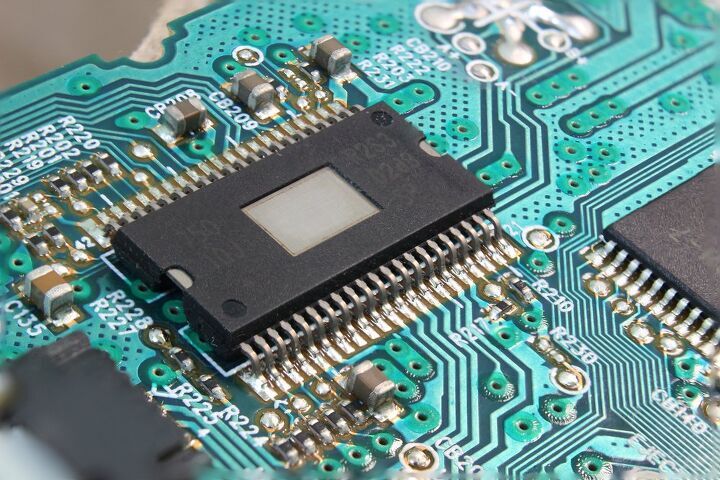
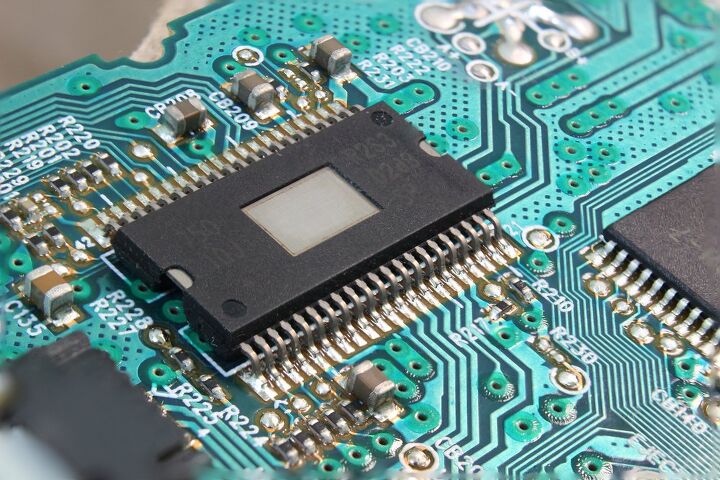

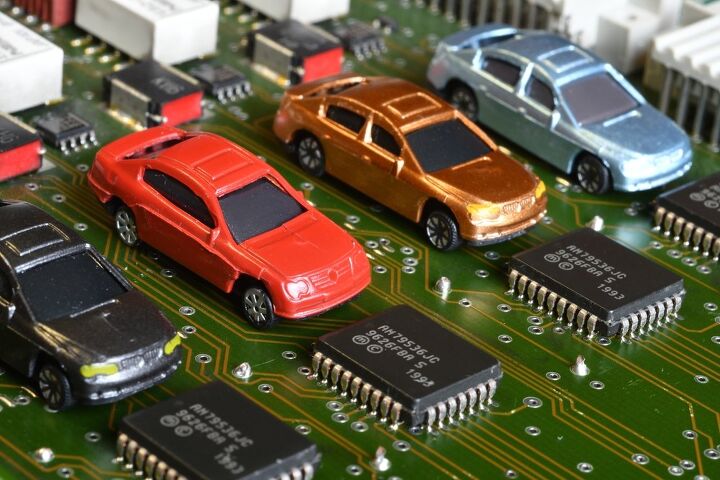



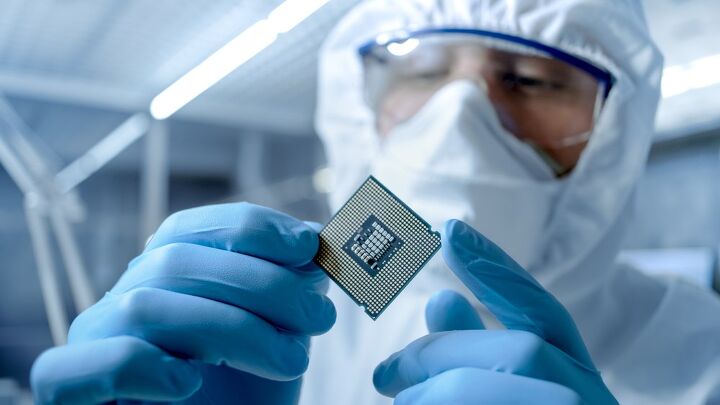
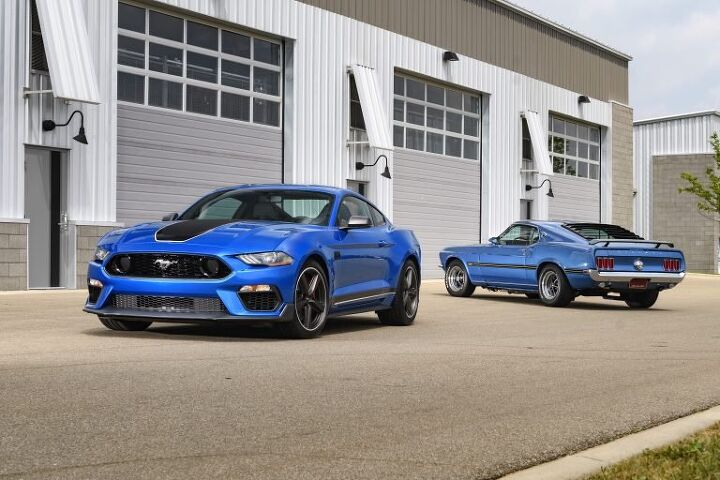

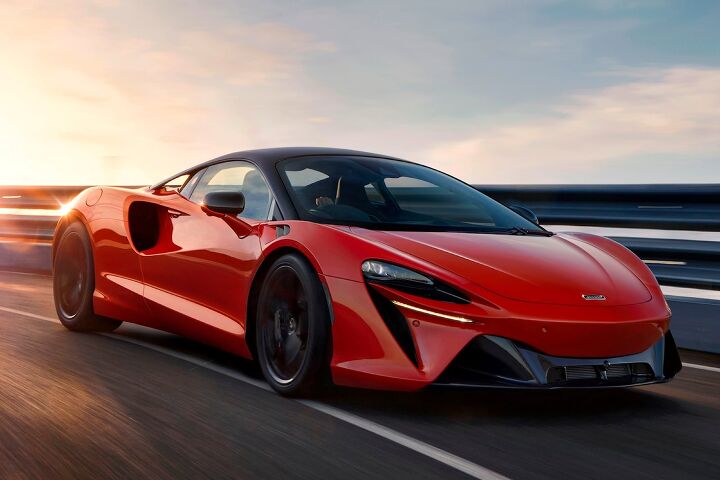


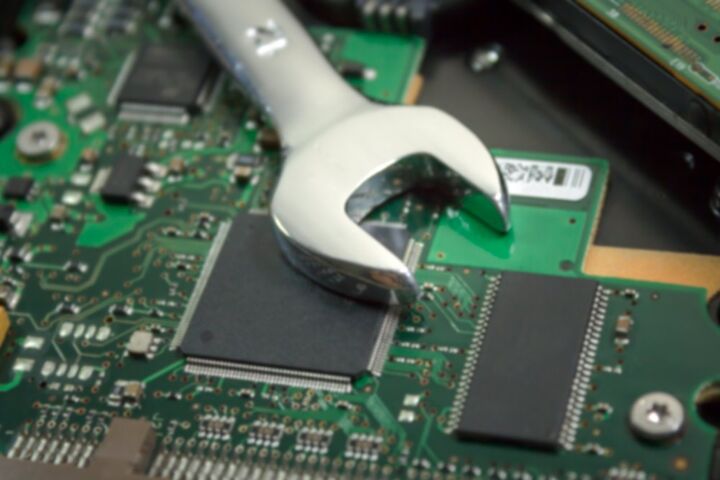
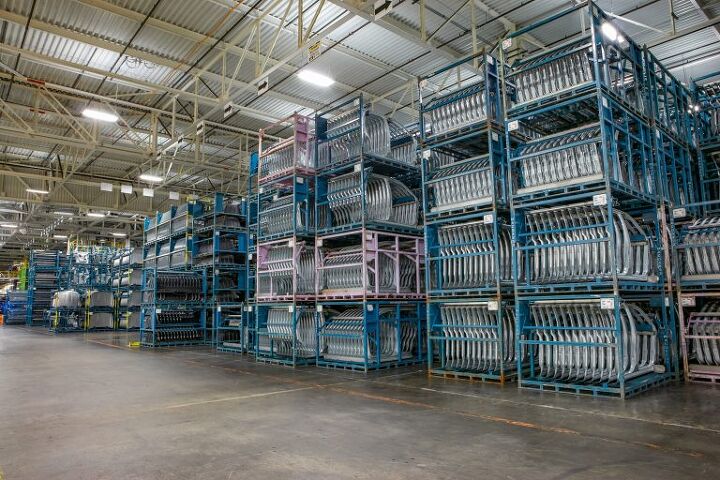












Recent Comments